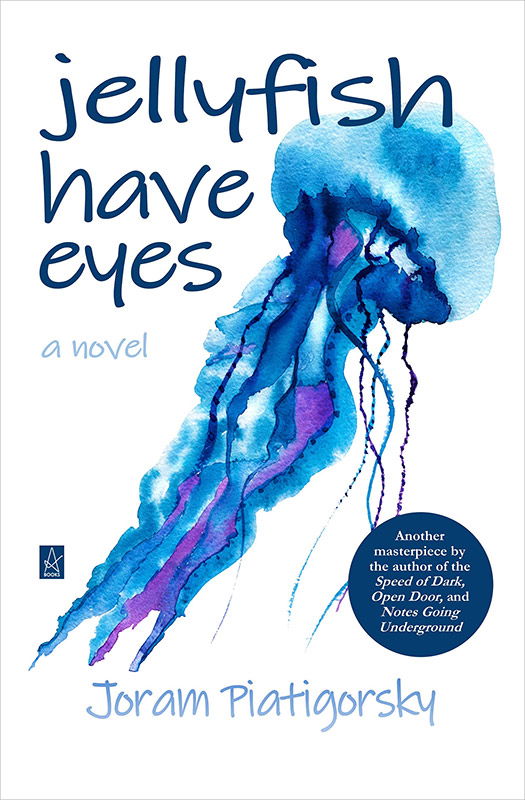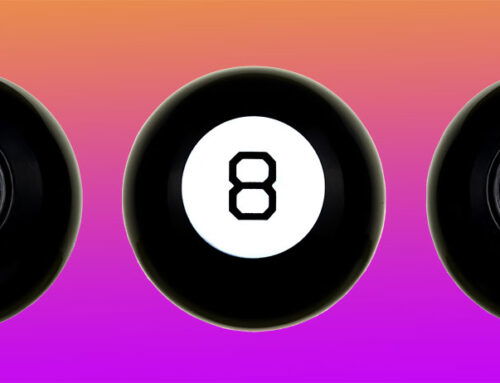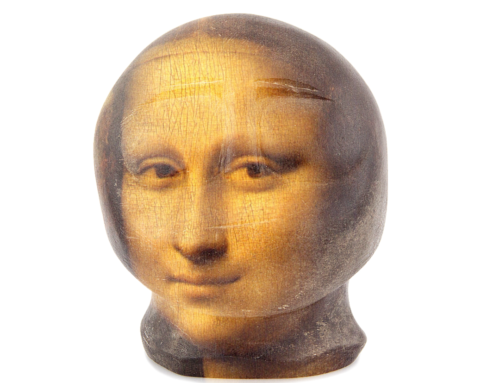Reading from my novel, Jellyfish Have Eyes, five years ago at The Writer’s Center in Bethesda formerly initiated my switch from science to writing. Although the novel is fiction, it overlaps with my interests in science and, in that sense, is partially autobiographical.
What was new to me, however, was the nature of the questions I received from the audience. Instead of concerning science, most questions related to my writing, such as how I choose topics or whether I know how the story will end before I start. One question has remained with me since then: does interference by the internet, emails and texts distract my attention? In short, do computers interfere with the creativity of writing?
“No,” I said, “I don’t think so. The flood of information keeps my mind alert and provides ideas for writing.”
The Internet is the Enemy of the Novel
Now, five years later, two recent articles have impressed me how the changing landscape would affect my answer. Ross Douthat’s New York Times editorial points out that sales of adult fiction have slumped, novelists have increasing trouble in earning a living, and humanities are fading out of cultural debates. Consequently, he questions whether Toni Morrison might be the last great American novelist. While in general I don’t believe in evaluating literature, or any art,
in such fashion, the earlier question of whether the computer interfered with my writing came to mind when he wrote, “…in my own life it’s the internet that’s killing novel-reading. And specifically the social media/iPhone combination, whose distracting effect is the enemy of the novel more than of other forms of art.”
Had I been too hasty in not recognizing the power of computers to distract writers?
All the World’s a Stage
Shakespeare said it first – “All the world’s a stage, and all the men and women merely players…” But even Shakespeare would be befuddled by the extent to which his words apply today. James Poniewozik, the chief New York Times television critic, provides a compelling argument that Donald Trump, our president no less, is a TV character starring in a reality television program. Poniewozik writes, “Donald Trump is…half-man, half TV, with a camera for an eye that is constantly focused on itself.” Indeed. Trump galvanizes our attention on his continually changing acts recorded with incessant distracting iPhone bleeps. Not only does President Trump remain as the character on “The Apprentice,” the continual barrage of news flashes about elections, terrorism, wars in the Middle East, texts reminding us of appointments, emails that tickle our curiosity enough to stop us in mid-sentence to take a “quick” look at their content, and so on, again and again, endlessly, good god! The computer is like a season ticket to a box seat at the theater.
I know: Ignore all that and write! Turn the electronic universe off. I try, but I often cheat and check the computer. And let’s face it, the electronic show and imposing digital world are endlessly fascinating, distracting, personal. How to write a novel that competes with that?
Role Reversal
So, would I change my answer to whether the electronic universe distracts my writing? Yes, and no. I still believe that the continual influx of diverse facts, opinions and happenings stimulates my mind and increases my knowledge, and importantly, entertains me, all of which provide new creative avenues – raw material for writers – to explore.
However now, unfortunately, I find myself thinking not whether the computer distracts my writing, but whether my writing distracts my attention on the computer! As Trump would tweet: SAD.
Re-released May 2020! Published in English, Spanish, French & Portuguese by Adelaide Books.







Leave A Comment